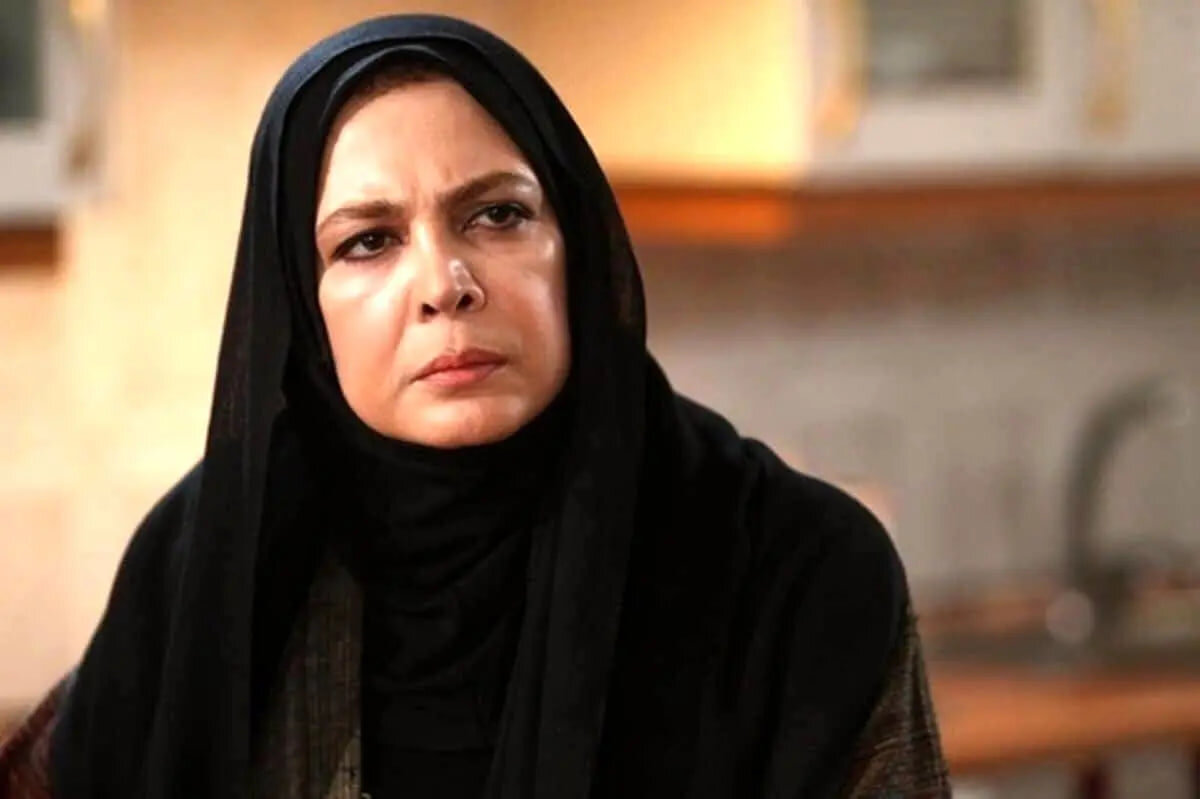Bita Farrahi’s statue to be unveiled at Tehran’s Cinema Museum

TEHRAN-The statue of the late Iranian actress Bita Farrahi will be unveiled at a commemoration ceremony in the Cinema Museum in Tehran on Wednesday.
In the ceremony, which will be held with the presence of artists, her treasured possessions including awards, documents, and memorabilia will also be unveiled along with her statue, ILNA reported.
Farrahi, renowned for her prominent role in Dariush Mehrjui's celebrated film “Hamun,” passed away last November due to complications stemming from lung and heart failure. She was 65.
Born in Tehran in 1958, Farahi pursued her passion for acting by enrolling in the John Robert Powers Modeling and Acting School in the United States. Upon her return to Iran in 1980, she made her debut in the film industry with her notable performance in “Hamun” in 1989. It was through musician Nasser Cheshmazar's recommendation that she caught the attention of director Dariush Mehrjui, landing her the pivotal role of Mahshid.
The success of “Hamun” propelled Farrahi into the limelight, leading to collaborations with esteemed Iranian directors such as Ahmadreza Darvish, Bahman Farmanara, and Masoud Kimiai in the subsequent years of her career.
Farrahi's versatility as an actress is particularly noted for her willingness to portray complex and independent female characters who grapple with familial and psychological challenges throughout her career.
She has left an indelible mark with her performances in numerous notable films, including Ehsan Biglari's “My Brother, Khosrow,” Alireza Raisian's “Time of Love,” Ahmadreza Darvish's “Kimia,” Masoud Kimiai's “Protest,” Bahman Farmanara's “A House Built on Water,” Rakhshan Banietemad's “Mainline,” and Rasul Sadr-Ameli's “Waiting for A Miracle”.
In addition to her film credits, Farrahi also showcased her talent in several noteworthy television series. Among them are Bijan Birang's “Green Land,” Mehdi Fakhimzadeh's “Reign of Love,” Dariush Farhang's “The Enchanted,” Mohammadreza Varzi's “Iran-Dokht,” and Kamal Tabrizi's “Motherland”.
SS/
Leave a Comment